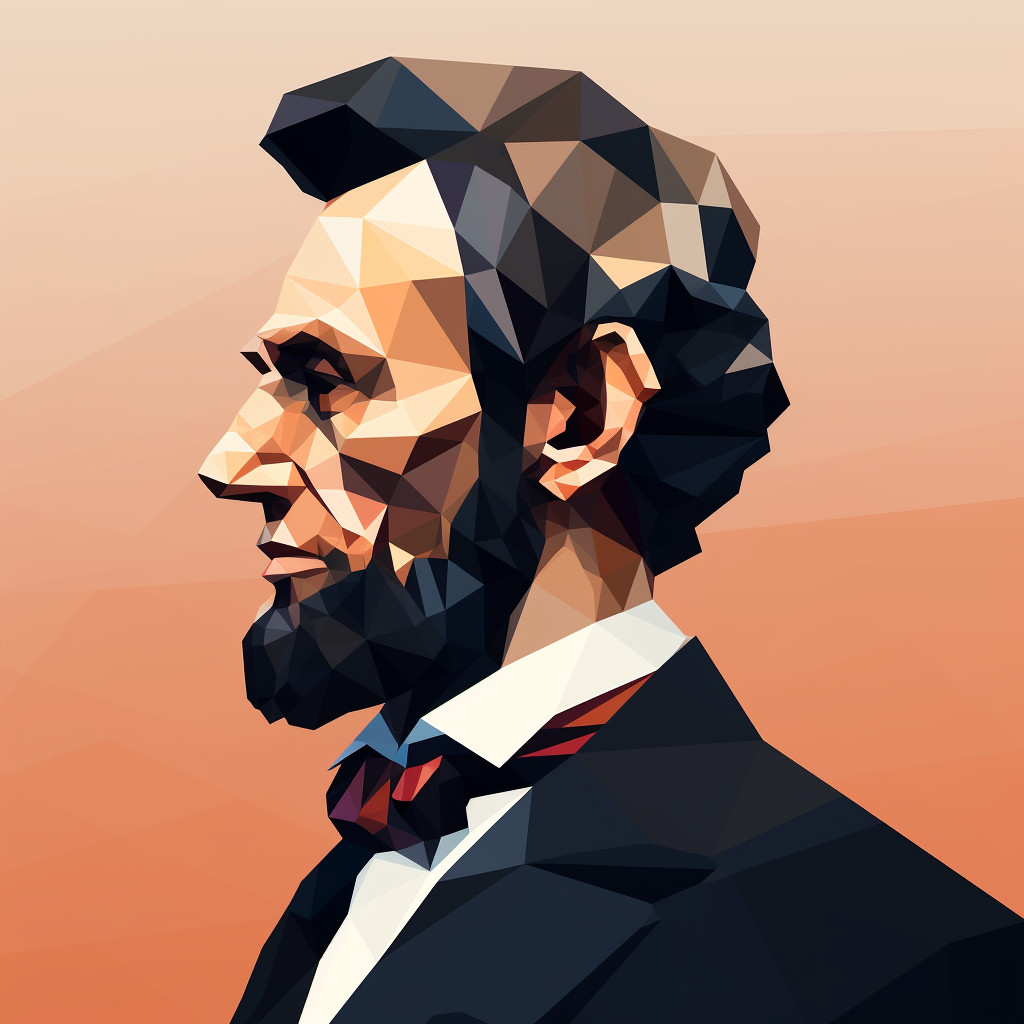The quote “What constitutes the bulwark of our own liberty and independence?” by Abraham Lincoln is a powerful question that prompts us to consider what truly safeguards our freedom and self-governance. A bulwark refers to a defensive wall or barrier, so Lincoln is essentially asking us to identify the defenses of our liberty and independence.
In the context of a nation, this could refer to a variety of factors including the constitution, democratic institutions, rule of law, and the active participation of its citizens in governance. These elements serve as a protective barrier against tyranny, ensuring that power remains with the people and their elected representatives.
When applied to personal development, this question encourages us to reflect on what safeguards our personal freedom and autonomy. This might include our values, our ability to think critically, our education, our financial independence, and our willingness to stand up for our rights. These elements can serve as a bulwark against manipulation, coercion, and other threats to our personal liberty.
In today’s world, this quote is particularly relevant. As we face challenges such as misinformation, polarization, and threats to democracy, it’s crucial that we consider what constitutes the bulwark of our liberty and independence. This might involve strengthening our institutions, promoting media literacy, encouraging civic engagement, and protecting our democratic processes.
On a personal level, it might involve continuing our education, standing up for our values, and striving for financial independence. By identifying and strengthening these bulwarks, we can safeguard our liberty and independence in both the personal and public spheres.









